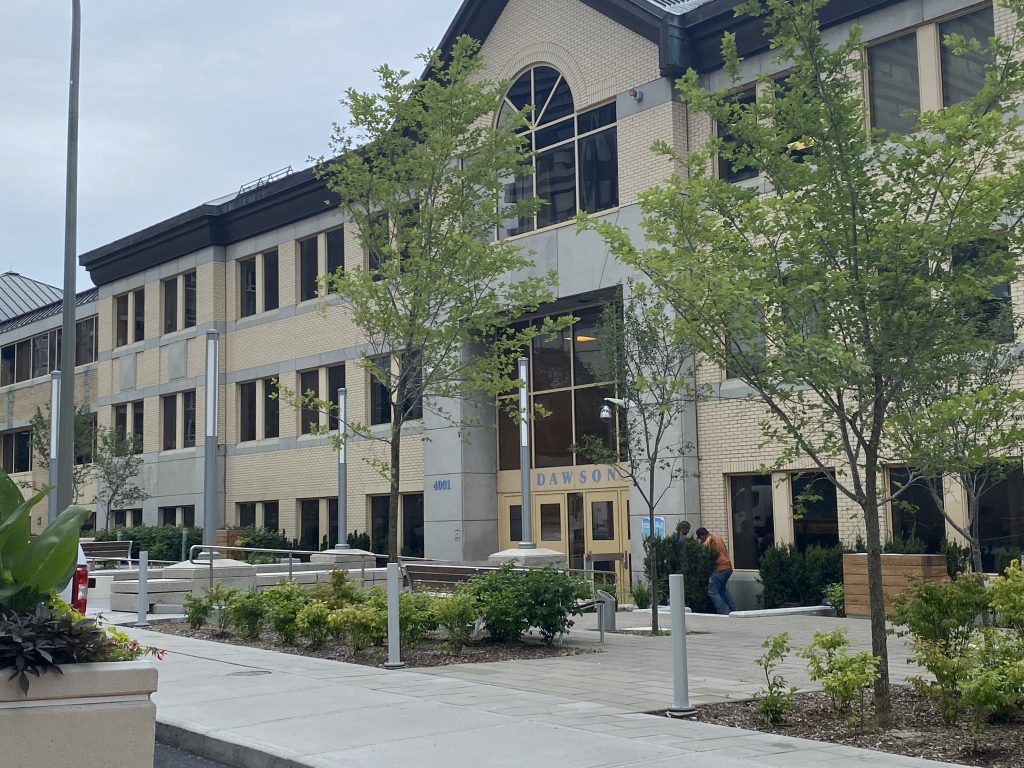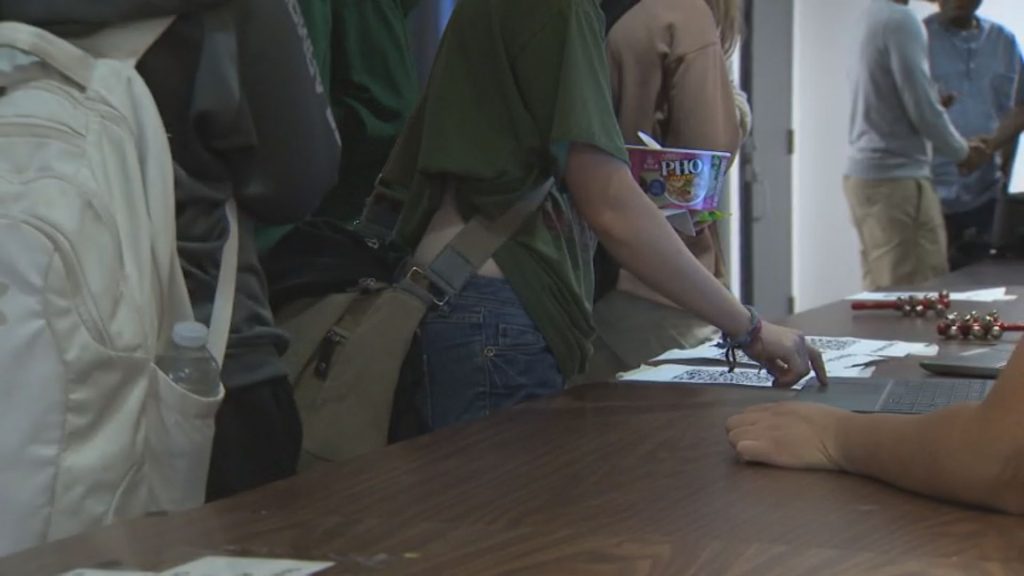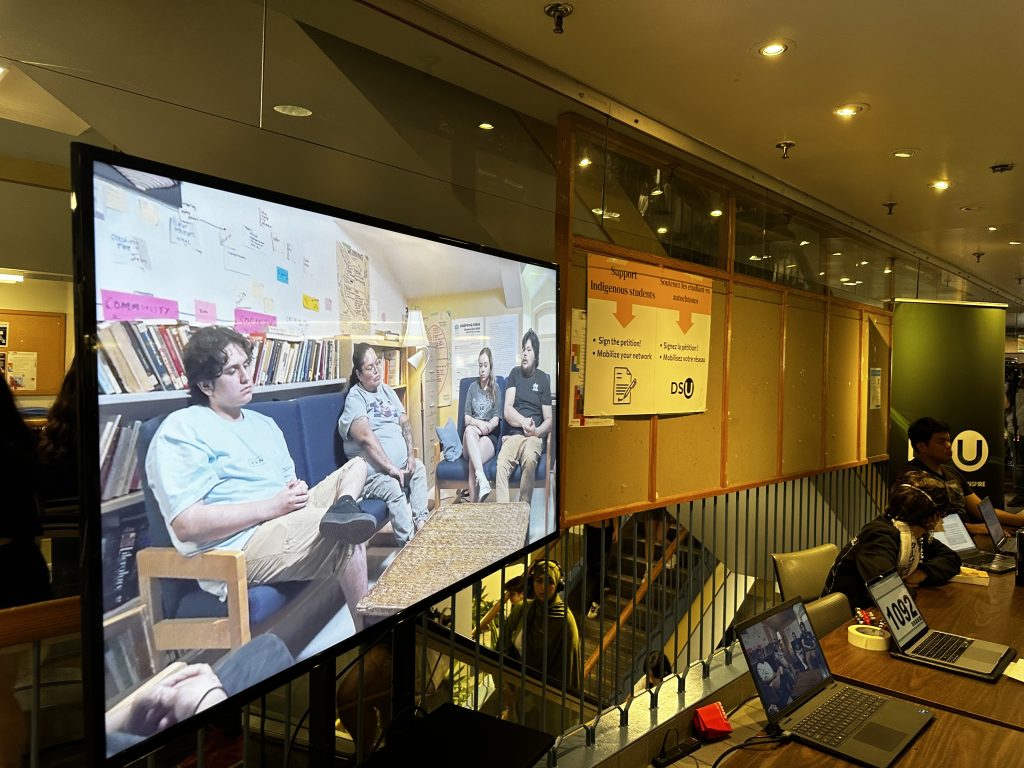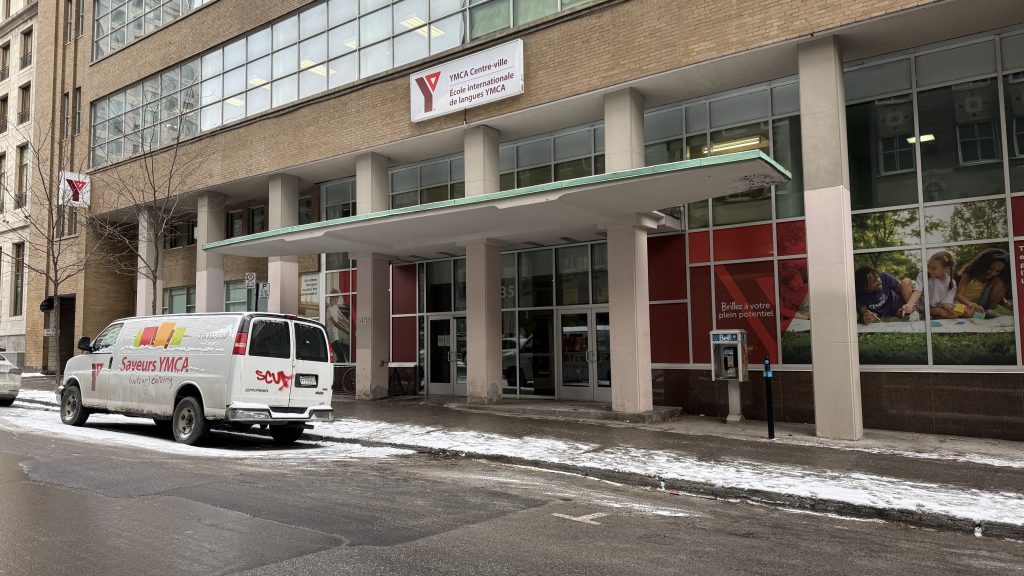CEGEP students petition against French Language law, call for Indigenous exemption

Posted August 27, 2024 5:42 pm.
Last Updated August 27, 2024 7:13 pm.
As another school year begins in Montreal for CEGEP students, faculty, and staff, concerns loom about the changes to Bill 96, Quebec’s Language law. Some Indigenous and non-Indigenous students at Dawson College have voiced they are against it.
Under Law 14, as it’s now known, all students in anglophone colleges are required to take more French courses. Indigenous students who voiced their disagreements are petitioning with the Dawson Student Union in hopes of an exemption.
“I can’t really piece together French and I don’t even know my own language,” said Dawson College student Zye Mayo. “It’s like a hard want to want me to do five French classes to pass.”

Mayo was among the few Indigenous people advocating with the student union on the effects of Law 14, which was passed in 2022. The law was put in place to preserve the French language in Quebec, with Mayo and other students saying it can be detrimental to Indigenous educational development.
According to the Dawson College website, there are an estimated 300 Indigenous students in anglophone CEGEPs in Quebec. In a press release sent to CityNews Montreal, Dawson’s Quality Assurance and Planning Office says “College-wide, around 80% of all students pass all their courses in their first semester. For Indigenous students, less than 50% pass all their courses in the first semester.”

“This is a language issue, this is a culture issue, this is a people issue, this is an equality issue, honestly,” Mayo said. “[Because] it’s not really equal, they say a student who graduated five years ago only had to take two French classes to pass and a student who graduates tomorrow has to take five.”
Dawson Student Union vice-president of external affairs Leilah Doyle says the petition, which is sponsored by Jennifer Maccarone, MNA for Westmount-Saint-Louis, hopes to surpass 5,000 signatures, which will be presented to the National Assembly of Quebec.
“What we’re hearing is that Indigenous students within our college are really upset. It’s a really difficult choice for them to make,” Doyle said. “A lot of them are having to choose between their education and their communities.”

Mayo, a member of the Mohawk Nation of Kahnawake, is in his second year at the CEGEP and has already completed two French courses through the Journeys program. Though it wasn’t credited, Mayo said it can be draining to know the difficulty and commitment was made, only for it to not count to his academic record.
In an email statement sent to CityNews, the Quebec Ministry of Higher Education said the provincial government is fully committed to its mission to support accessibility and success for First Nations and Inuit students.
“Recently, the Government of Quebec adopted a third regulation to address the issue related to the successful completion of three in French, which will allow First Nations Indigenous students who meet the criteria to replace French courses with French courses,” the Ministry wrote. “Moreover, in order to properly support the successful completion of the three French courses for obtaining the DEC among FNI students, the Ministry of Higher Education allows institutions to develop, in complementary general education, a range of French courses adapted to FNI students.
“Finally, a working group will be created during the fall session with the aim of identifying the best means to implement to support course success and evaluate the training offer, student progress and the necessary educational support.”

Doyle says a lot of students weren’t aware of the impact the law had on Indigenous students.
“The other people we were talking to, they’re English or they’re French and they really had no idea,” Doyle said.
“The minute they heard about it and heard about the effects it had, they were really surprised and they were immediately ready to help.”
The petition campaign will run until the National Day for Truth and Reconciliation on Sept. 30.
Mayo says he hopes the word will spread, saying that as Kanien’kehá:ka, the seven generations’ philosophy of looking forward always stands for their culture and people.
“Fighting this law now might not help me and might not help people in my generation,” Mayo said. “(But) maybe our grandkids in 50 years will be able to not have to deal with this law.”








